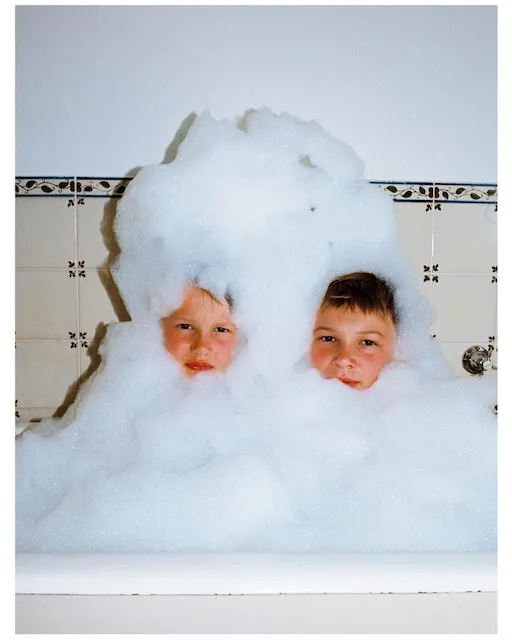Glamorous Humility
In an ideal, wiser culture than our own, the price of changing our minds would not be very high. Indeed it would be a sign of intelligence, glamorous even.
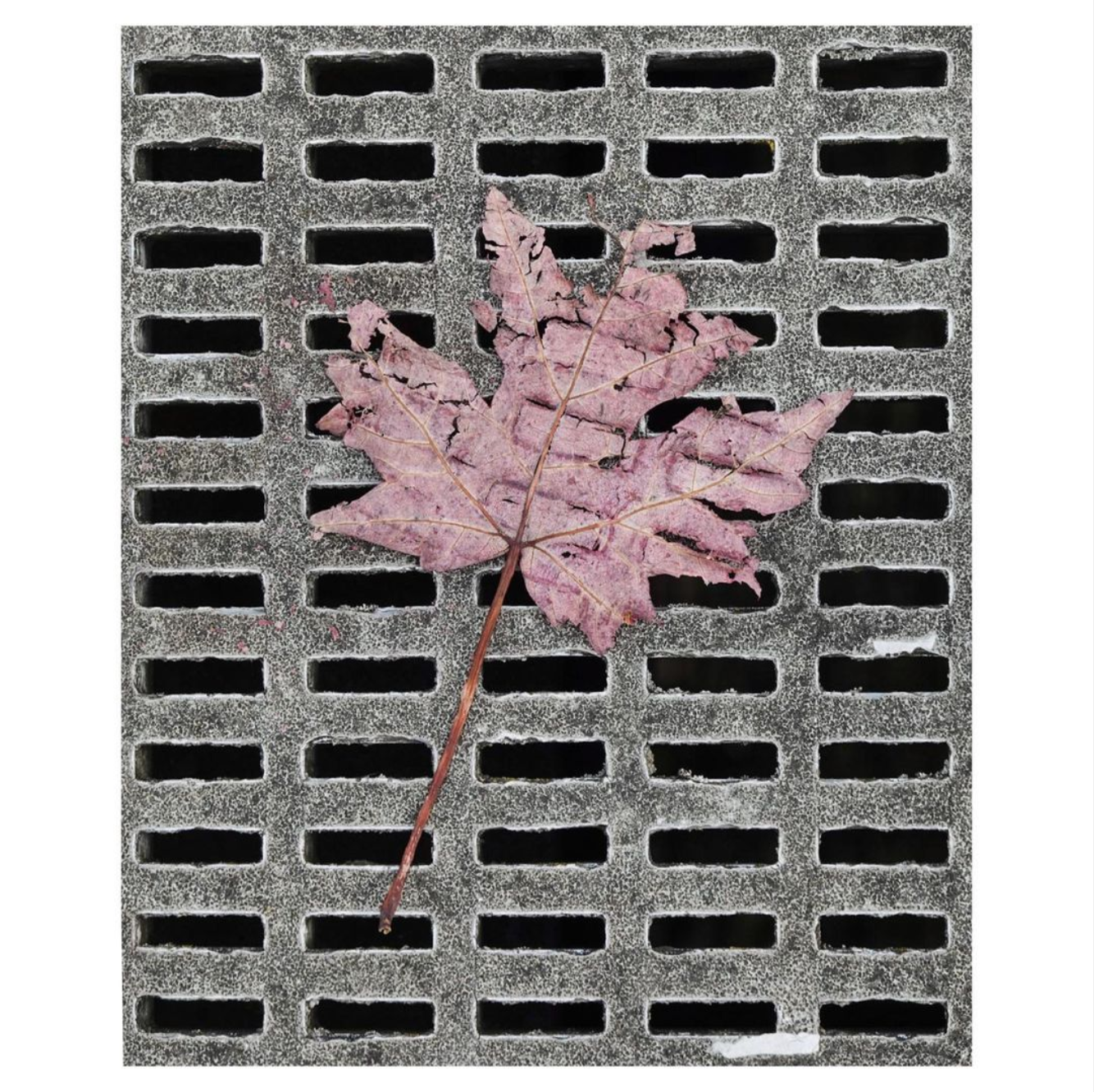
Table of Contents
Hello, Good Lookers!
It's Menka here, with another Just Looking Letter about slowing down and noticing more of what Mary Oliver called our "one wild and precious life".
Elbow bumps to all the newcomers!
Just like last time, I'll be sharing:
(1) a note about perception
(2) a practical looking exercise (camera optional)
(3) some links of goodness from around the interweb.
About changing our minds
Nobel Prize-winning economist Paul Samuelson was once interviewed by a journalist who asked why he was so inconsistent about some of his views. He replied: "When events change, I change my mind. What do you do?".
Events are always changing - outside and inside ourselves. So perhaps it is a healthy sign of awareness when people change their minds. And yet this kind of epistemic humility is rarely celebrated in our culture. Instead, we gravitate towards - and feel pressured to emulate- those that confidently stick to their guns, rather than revising their position regularly as they learn new things.
Social media doesn't really help on this front. "What's on your mind?" asks Facebook; "What's happening?" asks Twitter, each platform hustling us to take a position, commit to an opinion, even if it's based on a barely nascent thought or feeling. And then everything we share is memorialised, preserved in internet amber. Making it all that much harder to change our minds later.
So what can help protect us against overconfidence? Research suggests one method is to actively focus on how we often get things wrong or change our minds. Consider the ways our current justifications might be flawed. Reflect on times you have changed your mind in the past. The more we notice these instances, the more we realise it's just normal, and perhaps even glamorous...
In an ideal, wiser culture than our own, the price of changing our minds would not be very high. It wouldn’t be embarrassing or shameful. Indeed, it would rightly – and with great justice – be understood as an attractive, alluring quality and a definitive sign of intelligence. It would – in short – be glamorous.
- School of Life: "Why it Should Be Glamorous to Change Your Mind"
Looking Exercise
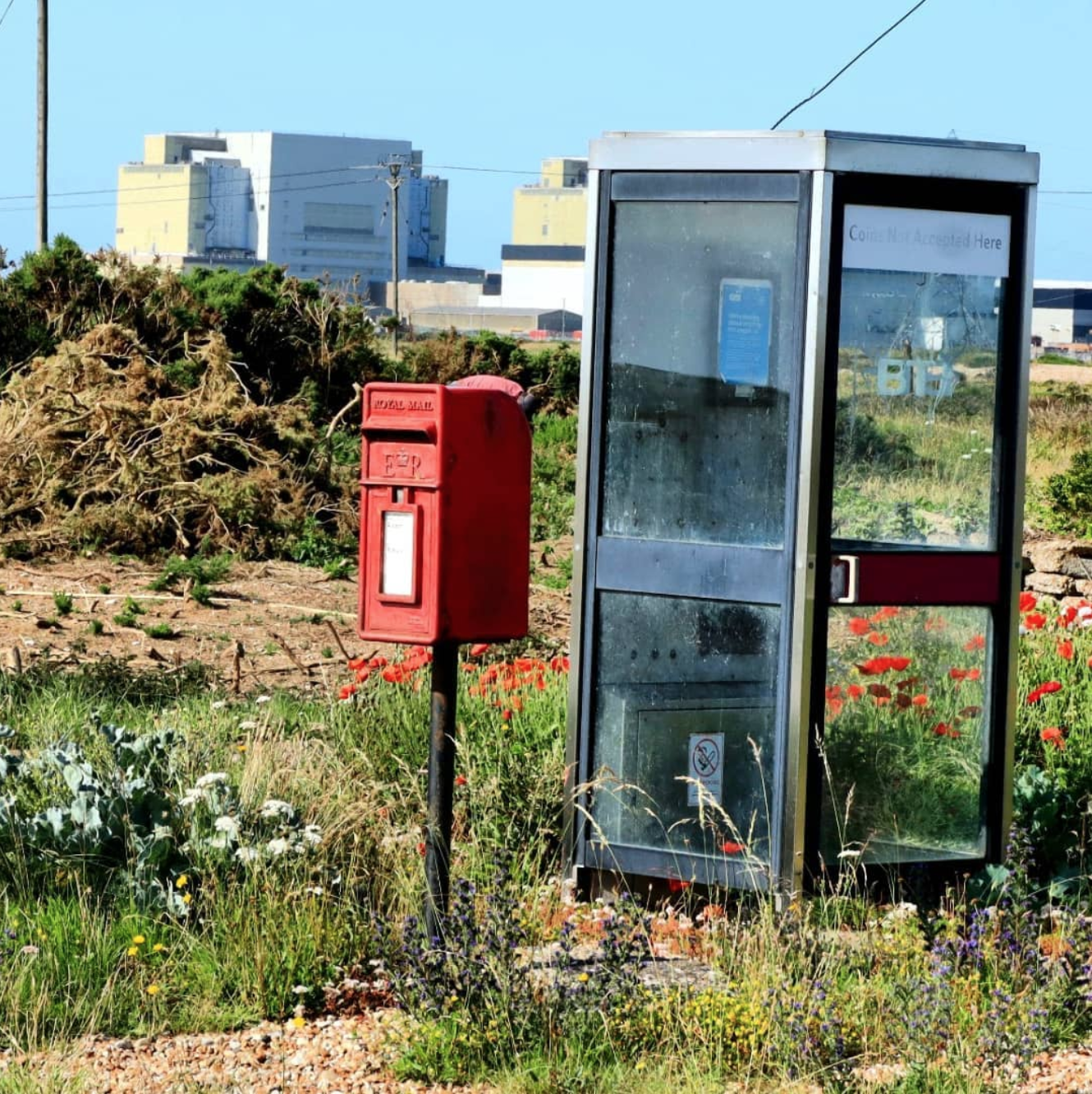
Notice something you've changed your mind about. Perhaps it was fashionable at one time, or something you found useful or meaningful, but then moved on from. Could it be the old green sofa at your parents' house, that you used to love curling up into and now find embarrassingly odd-looking? (Errr, asking for a friend!). Pay active attention to things you have changed your mind about, and appreciate yourself for being open enough to change.
Links About Looking
The Map is Not the Territory [Read]
David Cain offers a concise but powerful reminder that no matter how good a map is - made up of carefully construed stories, concepts and opinions - it's still just a map, an approximation, not reality itself. And of course, changing your mind is simply updating your map.
Unimportant Moments [Watch]
The video here is a 3min visit to Shinjuku station in Tokyo - a series of photographs are connected with tech cleverness into a slow-motion video. An everyday, unimportant, moment stretched out in hypnotic beauty. To find out more, watch this interview with the photographer Adam Magyar, in which he explains his fascination with time. He slows things down and speeds things up, simply to make time more visible and tangible.
Mary Oliver Reading Her Poem: The Summer Day [Listen]
There's something lovely about the quiver in her voice...
An Unflinching Portrait of Motherhood [See]
Nappies, crayons, tenderness and exhaustion - a very relatable photography project by Karolina Ćwik. Sometimes, just paying attention to what we see and how we feel about it can help us come to terms with our lives.
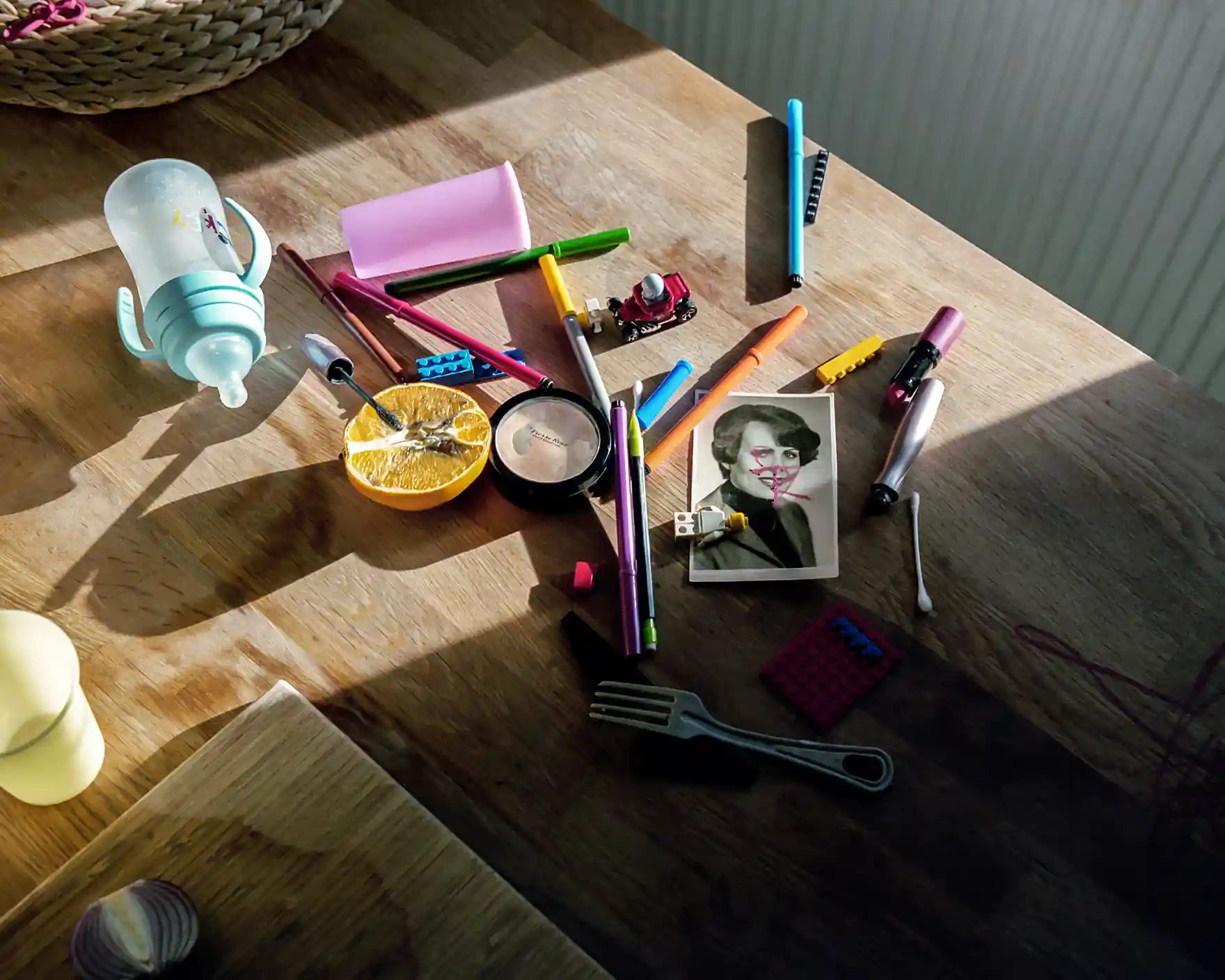
Deep Listening [Read + Listen!]
"Take a walk at night. Walk so slowly that the bottoms of your feet become ears."
Thanks for keeping me company, dear readers. Feel free to hit reply to share your thoughts, photos, or just to say hello!
I'll be back in a few weeks.
Yours in curiosity,
Menka
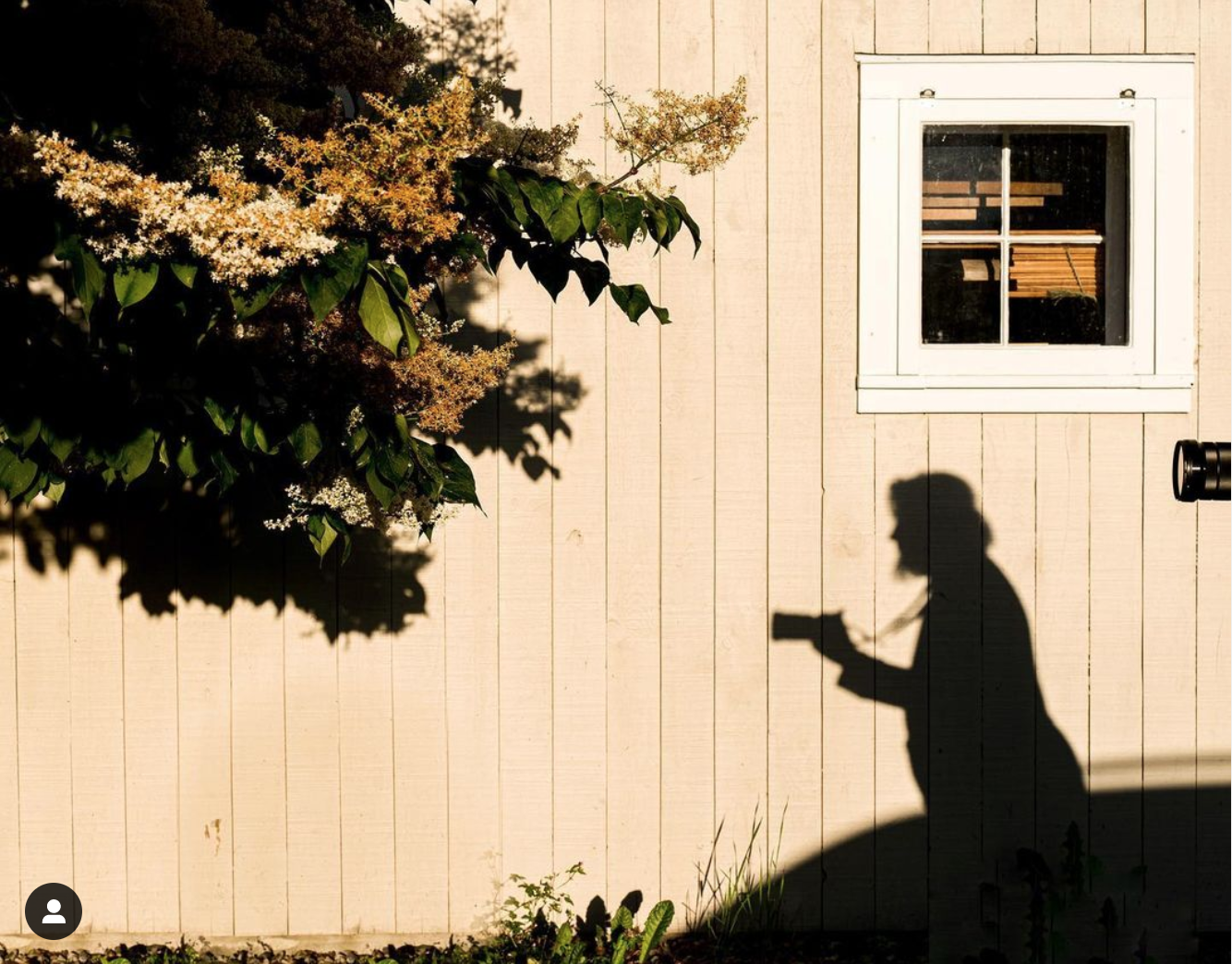
Just Looking Newsletter
Join the newsletter to receive the latest updates in your inbox.




